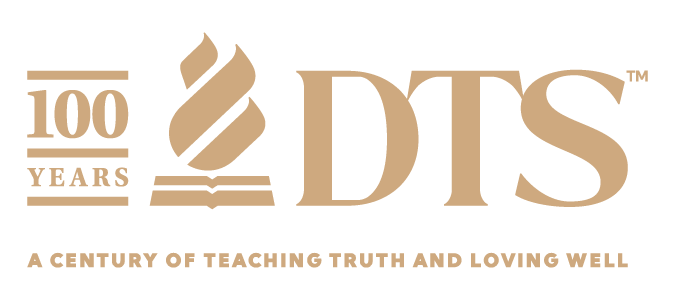In recent years, churches in the US have emphasized the need to be relentlessly local. From choosing a local coffee shop over a chain café to serving in neighborhood elementary schools, this model has illustrated a deep concern for the neighborhood. This vision of the church as a beacon of light in the cul-de-sacs and apartment complexes of its city equips every Christian to be on mission—in Sunday School and in Walmart.
Unfortunately, this relentless pursuit of local culture is rarely possible for churches overseas who rely on foreign sources for training and education. Pastors are taught well how to explain complex theological ideas in English, but their own Hindi may resist an easy translation. Worship music that relies on piano doesn’t work well in a rural church of Namibia (although synthesizers may work well! https://www.youtube.com/watch?v=gXVPm_07dwA)
Dr. Imad Shehadeh (ThM, 1986; PhD, 1990) was born to Palestinian parents in Jordan. While studying at the University of California San Diego, he came to know Christ through Campus Crusades for Christ. After graduating, Dr. Shehadeh served with Cru in Jordan, where he met his wife, Julia. She was working with the campus ministry, writing Bible studies, and serving as a secretary. After persecution shut down their ministry there, Dr. Shehadeh and Julia decided that they needed more theological training and moved to Dallas to study at DTS.
While in Dallas, he and his wife planted an Arab church in Dallas, and, after receiving his ThM, Dr. Shehadeh decided to pursue a PhD. In the interim between degrees, he and his wife went back to the Middle East to visit pastors in the area. While there, they began to see a gap between the need of local leaders and the provision.
In his PhD program, Dr. Shehadeh completed his dissertation on the Islamic view of the Trinity and looked at passages in the Quran, focusing on how some Islamic philosophers have misunderstood the Christian teaching. Throughout his studies, he was continually drawn back to the need of relentlessly local theological education in the Arab world.
There was and is still a huge need for Western missionaries. However, a larger need loomed. Western missionaries enriched the churches in which they served, but some nuances fell through the cultural cracks. It was difficult to know how to translate complex religious terminology into words that locals would understand. Dr. Shehadeh’s dissertation on the Trinity illuminated the frequent miscommunications about the nature of the Trinity among Arabic-speaking peoples. Other cultural sensitivities concerning Palestine and Israel can make speaking about Old Testament passages difficult for foreigners who often do not have the lived knowledge of generational hurt.
As Dr. Shehadeh and his wife continued to meet with pastors in the Arab world, they realized that the greatest need for was not more foreign missionaries but well-trained native leaders. Arabs were naturally suited to plant churches in the Arab world. Why, then was that not happening? Dr. Shehadeh saw many would-be church planters go to the West for education and stay overseas instead of returning home. For those who were trained in the Arab world, it was often difficult to get a robust theological education designed to reach their communities.
Jordan Evangelical Theological Seminary (JETS) was born out of this desire to see spiritual leaders plant and strengthen churches in the Arab world. Dr. Shehadeh is the founder and president of JETS, a seminary in the Arab world for the Arab world, dedicated to studying the Bible and biblical languages. He is grateful for the education he received at DTS, especially its emphasis on the biblical languages and theology. Professors like Dr. Toussaint, Dr. Pentecost, Dr. Walvoord, Dr. Burns, and Dr. Johnson all left an indelible mark on Dr. Shehadeh and his ministry. He is thankful for their persistence and dedication to the Word of God.
When speaking of JETS, he remarked that “without the theological training that DTS gave us, there is no way we would have what we have.”
And what they have is an incredible ministry, equipping pastors to serve well within the communities that the Lord has placed them.
Churches and seminaries around the world are increasingly seeing the benefit of being “in” and “for” their local communities. How is your ministry showing this “relentlessly local’ attitude toward the community in which God has placed you?

